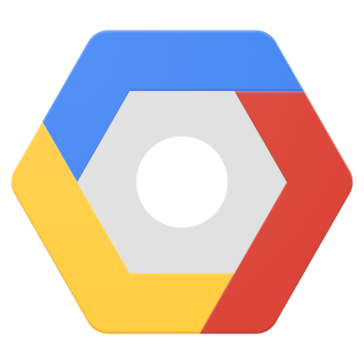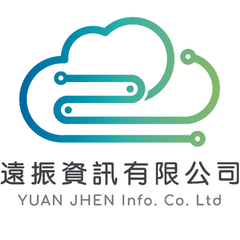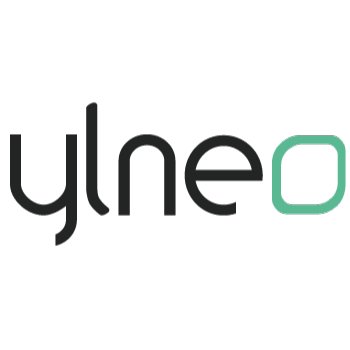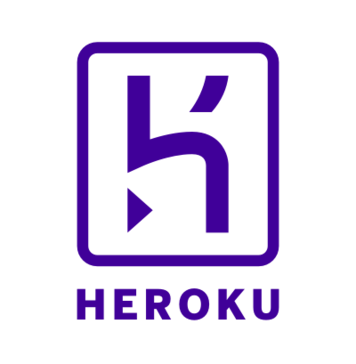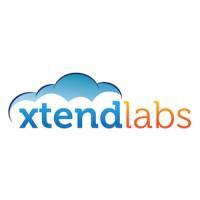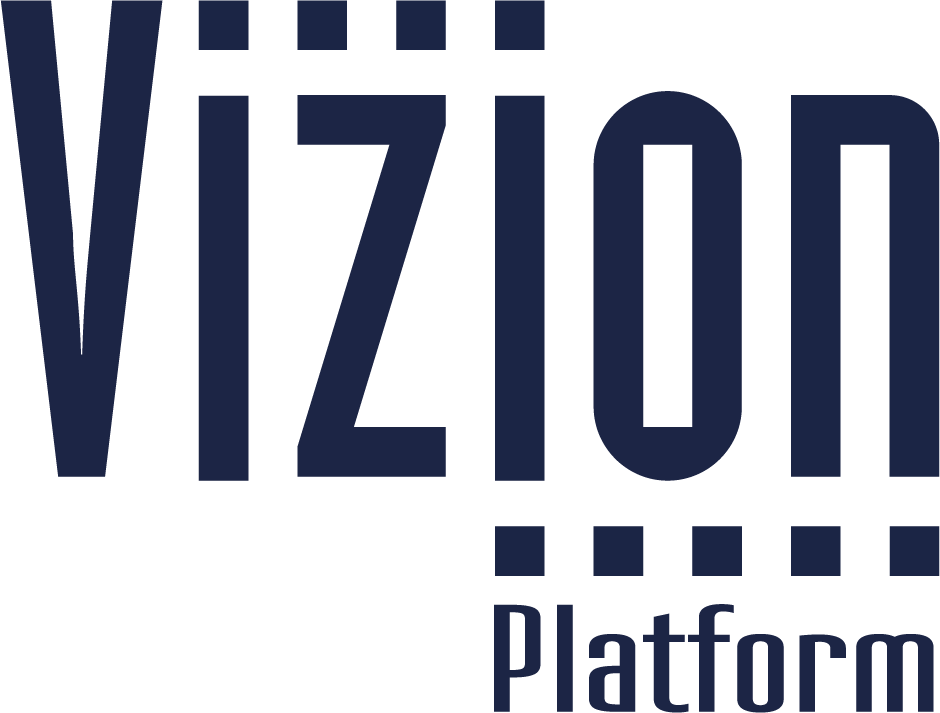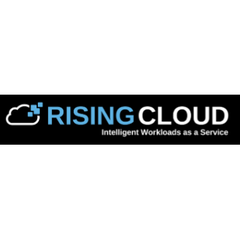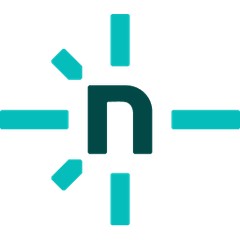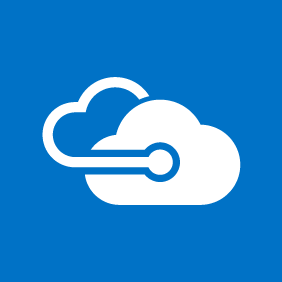
Google App Engine
Google App Engine enables developers to create monolithic server-side rendered websites effortlessly. It supports popular programming languages like Node.js, Java, and Python while managing infrastructure needs. With automatic scaling, robust security features, and integrated developer tools, teams can prioritize coding and innovation without worrying about server management or configurations.
Top Google App Engine Alternatives
Google Cloud Functions
Google Cloud Functions enables seamless cloud development by allowing users to write event-driven code without the burden of managing infrastructure.
Yuan Jhen DevOps PaaS
Yuan Jhen DevOps PaaS empowers businesses to streamline application development and deployment through a serverless architecture that dynamically allocates resources based on real-time demand.
Mendix
Mendix application Platform as a Service (aPaas) is an online platform used to develop and deploy applications.
Ylneo
Ylneo offers a robust Platform as a Service (PaaS) solution, facilitating the development and deployment of applications with ease.
Salesforce Heroku
Salesforce Heroku empowers organizations to swiftly adapt to evolving demands, facilitating rapid deployment of content updates.
Xtendlabs
Xtendlabs offers advanced AI and Generative AI solutions designed to optimize business operations and foster innovation.
Azure Web Apps
With its user-friendly interface, developers can seamlessly manage their applications without the need for a...
Vizion Platform
This powerful aPaaS allows organizations to tailor workflows, streamline processes, and quickly develop apps...
Azure Functions
It offers seamless local debugging, cloud deployment, and integration with various services via triggers and...
ParaLab
By harnessing the power of cloud computing and open-source capabilities, it facilitates seamless XR experiences...
IBM Cloud Foundry
It supports multiple programming languages and seamlessly integrates with various services, allowing developers to focus...
Rising Cloud
Its AI-driven platform autonomously manages repetitive tasks—from load balancers to SSL certificates—allowing developers to concentrate...
Netlify
It offers instant deploy previews, seamless rollbacks, and global performance optimization, all without the hassle...
Patr
Users can easily connect their Git repositories and configure CI pipelines using a drag-and-drop builder...
Azure App Service
It supports a variety of programming languages and frameworks, allowing developers to deploy and scale...
Google App Engine Review and Overview
The Google App Engine is a platform designed to enable developers and companies to deploy their own strategic applications on a cloud network that is secure, fast, and most importantly, scalable. In a world where all other PaaS offer the client only a few limited plans to choose from, ultimately wasting potential or lacking them, the Google App Engine platform ensures that the company only pays for what they use, giving it an ultimate ROI.
A platform that maintains itself
The Google App Engine PaaS is entirely self-managed, which means that the company doesn't need to spend both precious resources and time maintaining architecture and updating software on the platform. Also, the platform is serverless, i.e., it runs on high-performance Google servers instead of on-premise servers. This not only reduces the chances of sabotage but also enables high scalability, without the company needing to change the hardware to increase computational resources physically. The platform is incredibly powerful even in its base form and supports a myriad of programming languages and technologies.
For the first time in history, a developer-friendly platform
The Google App Engine is incredibly developer-friendly, allowing for agile development and testing practices and continuous deployments. This developer-friendliness is exemplified by the fact that the platform not only supports several programming languages and frameworks in its natural form but also allows the user to implement their own framework into the platform, giving the developer a great deal of choice while trying to tackle a specific type of problem. Another example of developer-friendliness of the platform is that it doesn't require the developer to update every piece of software step-by-step; it has several in-built tools for that.
Scalability of the platform ensures better profits
A handy feature of the Google App Engine platform is its automatic scaling, which assures a lot of savings on platform costs. It is an alternative model to the more primitive and rigid way of usage measurement and billing, i.e., through plans. It offers a better, more dynamic way of measuring usage and billing accordingly through its scaling based usage. If the developer creates and deploys a more complex code, more resources will be used to run it effectively, which the opposite will be the case for lightweight code. The platform measures this resource use and bills the company accordingly.
Top Google App Engine Features
- Zero server management
- Zero configuration deployments
- Support for multiple languages
- Fully managed runtime environment
- Cloud Monitoring integration
- Cloud Logging capabilities
- Versioning for easy app management
- Development
- test
- staging environments
- Firewall access rules
- Managed SSL/TLS certificates
- Scalable from zero to planet scale
- Competitive cloud pricing model
- Free credits for new users
- Easy deployment with developer tools
- Enhanced security features
- API backend management
- Custom domain support
- Ecosystem of Google Cloud services
- Multi-environment support
- Focus on coding efficiency.
